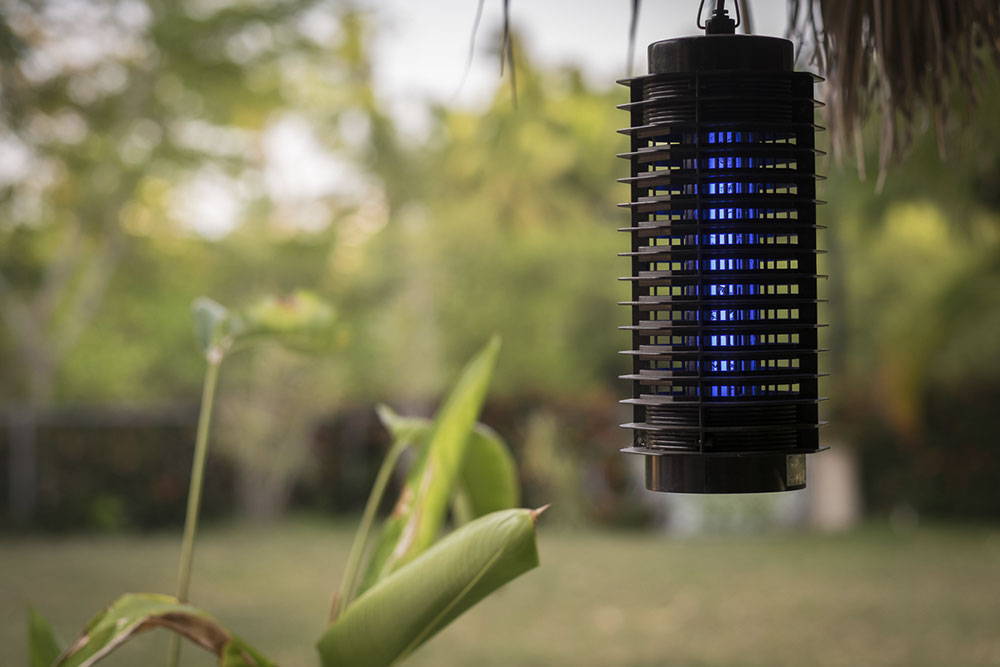
7 weird yet effective ways to keep mosquitoes away
Mosquitoes, with their incessant buzzing and itchy bites, can pose a health risk for anyone. A mosquito bite can end up causing infection and illnesses such as malaria and dengue. Therefore, it is common to use traditional methods like citronella candles and bug sprays to keep mosquitoes at bay. In addition to these, there are several unconventional yet remarkably effective ways that can be used to keep these pesky bugs away.
7 unusual and effective ways to keep mosquitoes away
Placing catnip outside
Catnip, known for its intoxicating effect on feline friends, contains a natural compound called nepetalactone. This compound acts as a potent mosquito repellent. Placing catnip plants around an outdoor space or crushing the leaves to release the essential oils can help keep mosquitoes at bay.
Spreading out coffee grounds
Coffee grounds can be used for more things than just the morning brew; they can also serve as a weird yet effective mosquito deterrent. When spread in stagnant water, coffee grounds form a barrier on the surface that suffocates mosquito larvae. This prevents them from maturing into adults. This is an eco-friendly approach to tackling mosquito breeding grounds.
Setting up outdoor traps
Outdoor traps might seem like an odd choice, but they work wonders in reducing mosquito populations. These traps emit CO2 that mimics human breath. In addition, these traps use a combination of heat and light to attract mosquitoes. Once they are inside the trap, the mosquitoes are captured and cannot escape. This effectively diminishes their numbers in the vicinity. For higher effectiveness, these traps should be placed strategically around the outdoor space to create a mosquito-free zone.
Using citrus peels
Citrus peels can be used in an unexpected way to work against mosquitoes. The natural oils in citrus fruits, particularly lemons and oranges, serve as a strong repellent against these pests. So one can spray a diluted mixture of oils made from citrus peels around an outdoor space to help keep mosquitoes at bay by confusing or overpowering their sensitive olfactory senses.
Putting dryer sheets in pockets
While typically used to freshen laundry, dryer sheets can also double as a makeshift mosquito repellent. A sheet can be placed inside the pocket of one’s jacket or shirt or tied to a belt to create fragrant barriers. Since mosquitoes have highly sensitive receptors on their antennae, the chemicals in dryer sheets interfere with their ability to locate a host.
Using bug zappers
Bug zappers, which are electrifying devices that emit a mesmerizing glow at night, are more than just a quirky tool. They are quite powerful in the fight against mosquitoes. These devices make use of ultraviolet light to attract insects, including mosquitoes, and then deliver a lethal electric shock upon contact. This way, bug zappers can be effective in decreasing mosquito populations in specific areas.
Spraying mouthwash
Mouthwash can also serve as an effective mosquito deterrent. Most of these contain menthol, eucalyptol, and other essential ingredients that have a strong scent that can overwhelm or confuse the mosquitoes, making it harder for them to land on treated surfaces. Spraying diluted mouthwash around outdoor space or using it as a skin-friendly spray can provide an additional layer of protection. However, before using it on the skin, make sure to do a patch test to check for allergic reactions.







